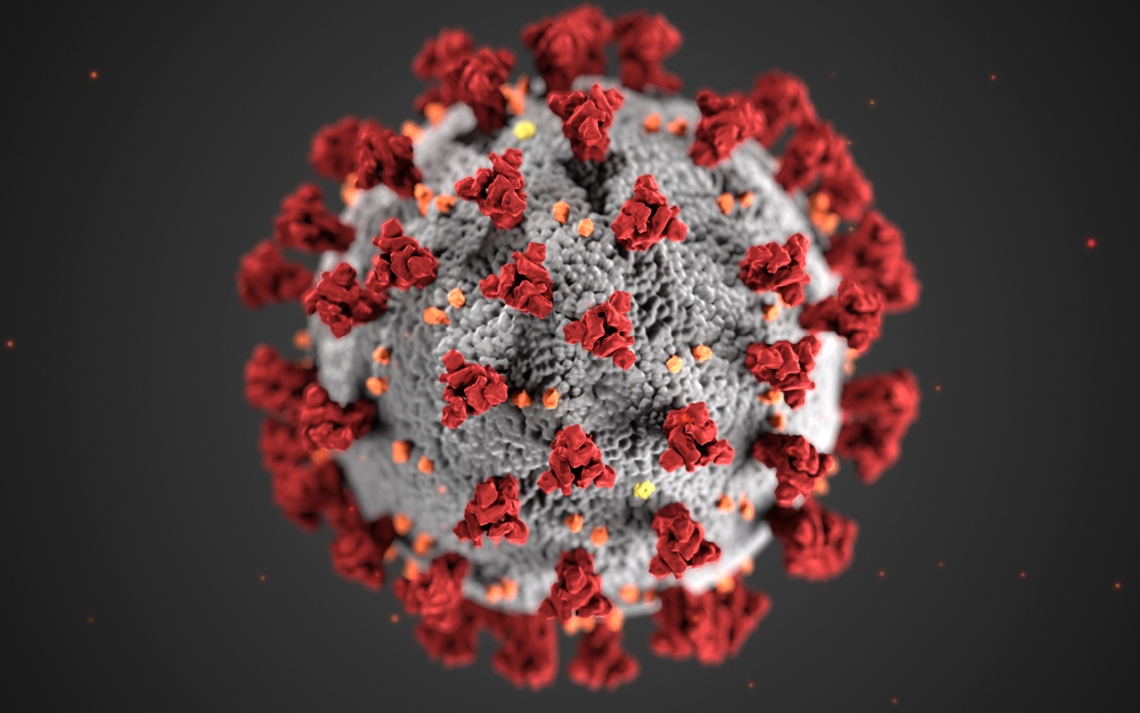
TGen, NAU study examines body’s antibody response to COVID-19 vaccine
PHOENIX, Ariz. — July 5, 2022 — Could the SARS-CoV-2 vaccine reawaken previous antibody responses and point the way to a universal coronavirus vaccine? A new analysis of the antibody response to a COVID-19 vaccine suggests the immune system’s past history with other coronaviruses, including those behind the common cold, shapes the patients response, according to a study published today in Cell Reports.
Led by scientists at the Translational Genomics Research Institute (TGen), part of City of Hope, and Northern Arizona University (NAU), a research team found that the vaccine generates antibodies that target regions of the SARS-CoV-2 spike protein that are unique to the new virus, while also targeting regions of the protein that are shared or conserved among many coronaviruses.
What’s more, the antibody response to these different coronaviruses appears to follow different paths. Over the course of 140 days following the COVID-19 vaccination, the response to common cold coronaviruses started early but diminished over time. The response to SARS-CoV-2 continued to get stronger and stronger over time.
“The findings could help fine-tune the design of future vaccines or new monoclonal antibody treatments, perhaps leading to a universal coronavirus vaccine,” said John Altin, Ph.D., senior author and Assistant Professor in TGen’s Pathogen Genomics and Integrated Cancer Genomics Divisions.
“Even if the response to the conserved regions is just a small part of the vaccine’s overall protection, it may be a response that could be leveraged in future vaccines against future variants of the COVID-19 virus,” he added.
Altin and colleagues are now looking more closely at the antibodies that target the two conserved regions they identified in their study to determine whether these are broadly-neutralizing antibodies that generate immunity extending to new variants of the virus.
Using a technology called PepSeq developed by Altin and co-author Jason Ladner, Ph.D., an Assistant Professor at NAU’s Pathogen and Microbiome Institute, allowed the researchers to carefully map antibody responses and track them serially over 140 days in 21 people who received the Moderna SARS-CoV-2 vaccine. The technology matches individual peptides (the building blocks of proteins) with unique DNA tags. The tags allow scientists to pinpoint which peptides are being targeted by antibodies.
Before technologies like PepSeq, researchers had to measure the response of antibodies against one protein target at a time.
“PepSeq allows us to perform up to hundreds of thousands of measurements of antibodies against different parts of virus proteins all at the same time from the same sample,” said Ladner.
More news from the PBC
- Exact Sciences Launches the Cologuard™ Plus Test, Transforming Colorectal Cancer Screening
- Tyler Gallo, PharmD, Receives ABRC Grant on Heparin-induced Thrombocytopenia
- NAU Confronting substance use disorder in Arizona
- New initiative aims to make nursing degrees more accessible
- New study seeks to combat national kidney shortage, improve availability for organ transplants
- SEMI, MDM2 to host smart medtech conference in Phoenix from April 22-24
- Innovative Therapy Shows Promise in Reversing Lung Scarring in Idiopathic Pulmonary Fibrosis
